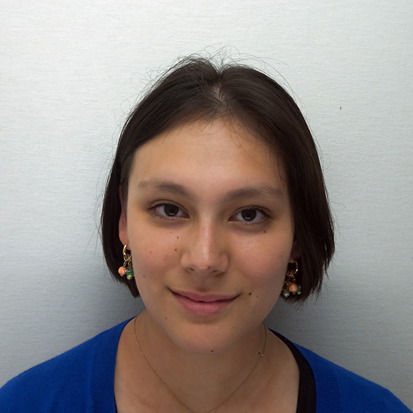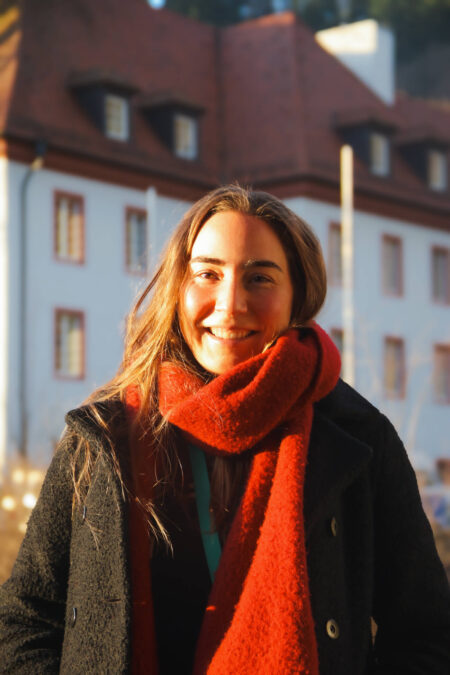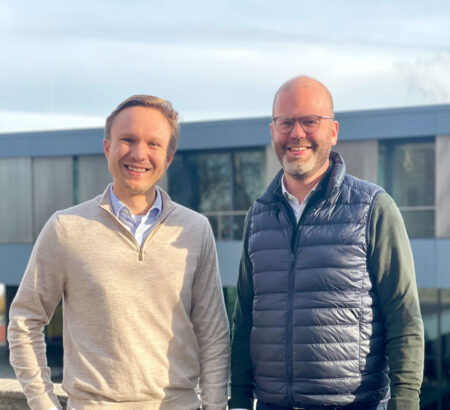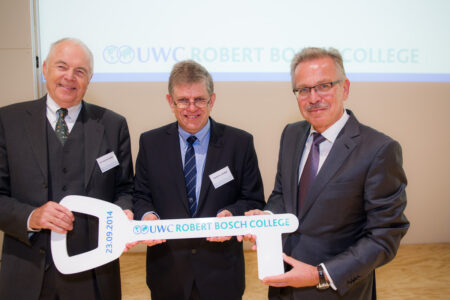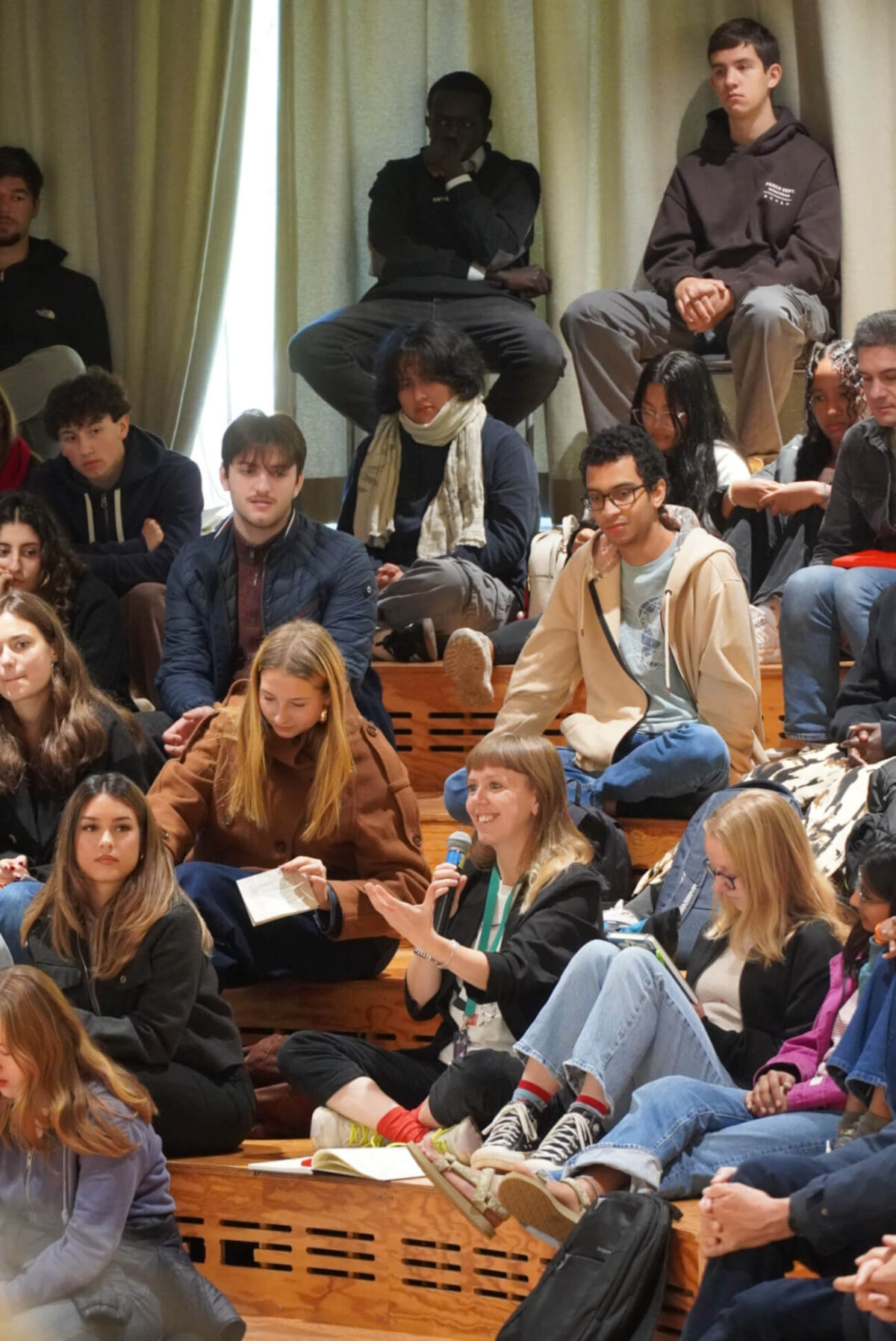
Interfaith Special Focus Day: “Peace is a universal language”
When we think about religion, we often adapt what’s called “Schubladendenken” in German – “Drawer thinking”. We store religions into little boxes in our minds, thus forcing separation where there could be intersections. Can there be intersections?
Last week our community got to find out exactly that. After months of organizing and lots of effort put in by staff and students, the RBC Interfaith Special Focus Day happened on campus. Special Focus Days at RBC are events that are dedicated to significant topics of our time. Interfaith Day was the first one out of four that will take place throughout the year. It revolved around religions, faiths and believes, involving students, staff and guest speakers.
Diversity as a red thread
The day started with an opening session in the auditorium where keynote speaker Tuncay Dinҫkal shared a moving insight from his experience as an interfaith educator and social worker for extremism prevention. “Peace is a universal language, one that we can all learn to speak”, so he concluded his talk about interfaith dialogue. Powerful words in a room filled with different religions and faiths, in a place like RBC that resembles a flower field in its diversity. That diversity was also reflected in the variety of activities, reaching from Mormonism over a writing-runes-workshop to a discussion of Harry Potter as a sacred text. Energized by the opening session, the community split up to head to their first blocks.
From Shintoism to Greenfaith
As a participant, I led a seminar on Shintoism together with the Japanese community. We spoke about the origin of Japan’s largest religion, its history, what adherents believe and its significant role in Japan’s culture and society. At the end, we showed examples of Shintō practices in Studio Ghibli movies. And that last part was enough to make me realize how simple interfaith dialogue can be: Animated movies, something so universal that it could be understood, discussed and shared by everyone in the room. After the first block, I went to a seminar on Sacred activism with Greenfaith representative Caroline Bader. We discussed the role religion can play in climate activism and how care for the world is something that unites people beyond the borders of their faith; how religious communities can make a difference in politics, and how believes can shape our actions. It was an eye-opening session that made me realize the potential that lies within communities of faith: Faith can be a source of hope, strength and a driving force for action.
Meditation and Peacebuilding
In the afternoon, I joined a meditation session, a welcomed change from the busy day. Leaving the buzz of conversations behind for an hour, we embraced the calming silence. Afterwards, I attended a workshop on peace, conflict, values and beliefs, reflecting on our personal experiences with peace building. While we cannot ignore the fact that faith can be a source of conflict, both within our community and on a global scale, through living together, we continuously learn to deal with differences, to humanize one another and to learn about each other. And after an eventful day, this last workshop was a wonderful reassurance of our approach at RBC: No, we do not have to agree on everything, there is no need to share the same believes in order to get along. But we do have to be open-minded, curious and kind – that’s the spirit of Interfaith Day.

